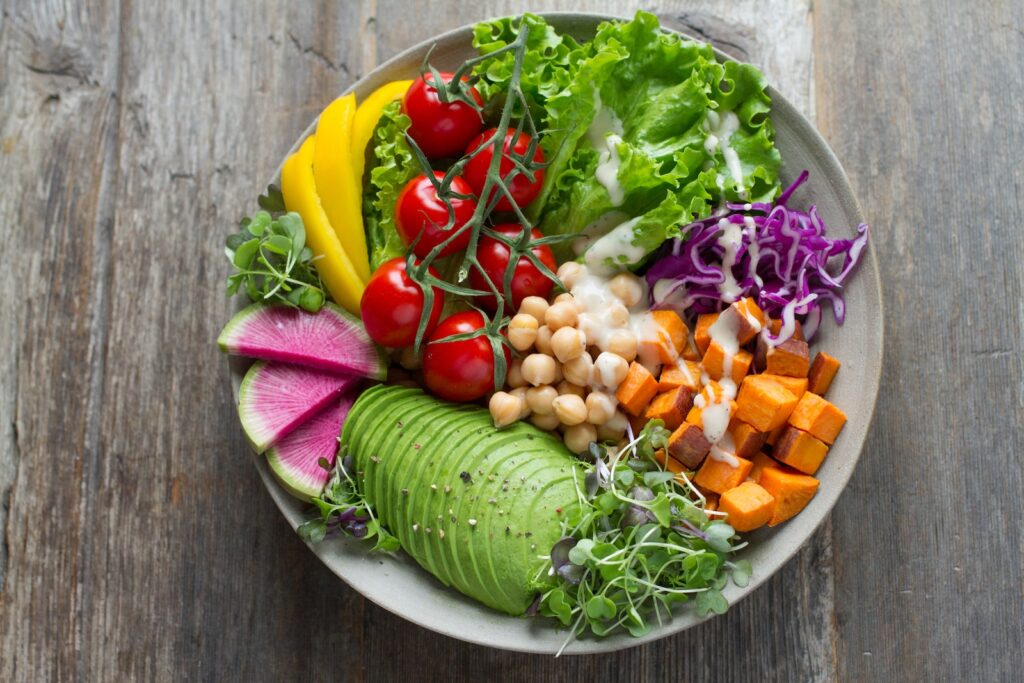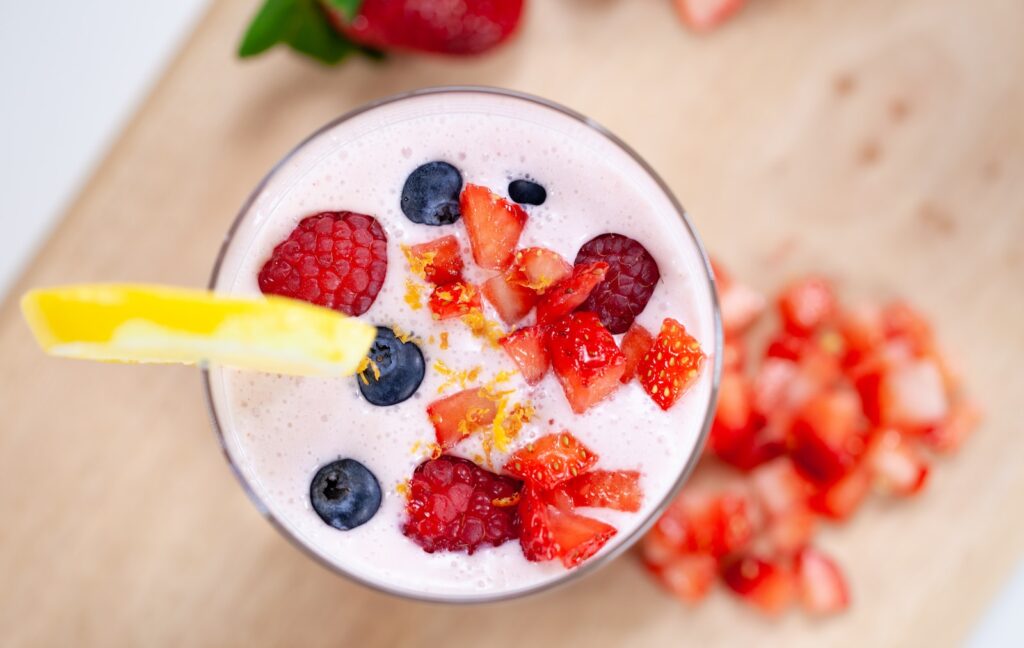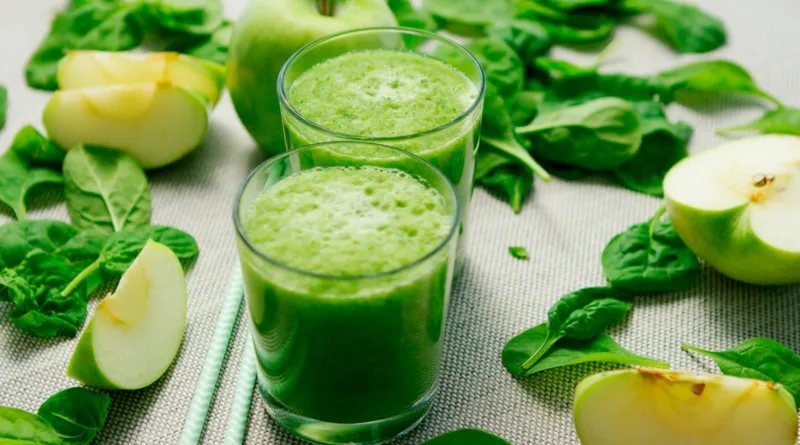1. Start your day with a nutritious breakfast.
When it comes to nutrition, we often think about the foods we should avoid – rather than the foods we should be eating more of. processed foods, sugary drinks, and unhealthy fats are all culprits when it comes to poor nutrition. But what if we could add more nutrition into every bite we eat – without having to give up the foods we love?
It turns out, there are plenty of ways to do just that! By making a few simple tweaks to your diet, you can add more nutrition into every bite you eat – and improve your overall health in the process. Here are 10 ways to do just that.
2. Incorporate more fruits and vegetables into your diet.
Fruits and vegetables are some of the most nutrient-dense foods available. Incorporating more of these powerhouses of nutrition into your diet can go a long way in helping you achieve better health.
Adding more fruits and vegetables to your meals and snacks is a simple but effective way to add more nutrition into every bite you eat. Fruits and vegetables are high in vitamins, minerals, antioxidants, and other essential nutrients. Eating a variety of fruits and vegetables gives you a wide array of nutrients to support your health.
When adding more fruits and vegetables to your diet, aim for a wide variety of colors. Different colored fruits and vegetables will give you different nutrients. For example, dark green leafy vegetables are filled with essential calcium, while orange-colored vegetables are high in vitamin A.
When selecting produce, look for colorful, and preferably organic, fruits and vegetables, as conventionally grown produce can contain higher levels of pesticides. Also, look for locally sourced produce which is picked at peak ripeness and has a shorter time between being picked and consumed.

3. Choose whole grain options over processed foods.
Whole grains are higher in nutrition and provide more sustained energy than processed foods. Whole grain cereals, oatmeal, quinoa, millet, and brown rice are examples of healthier whole grain options. Avoid or limit checking the nutrition label for “wheat” and “multi-grain” products, which can be full of refined grains. Pay attention to the list of ingredients as some products might contain a small amount of whole grains, but are still mostly refined grains.
Whole grains are an excellent source of dietary fiber, B vitamins, iron, zinc, magnesium, and other essential nutrients. They help improve digestion, blood pressure, cholesterol, and can even help protect against various chronic diseases.
Incorporating more whole grains into your diet and swapping them out for processed foods is a great way to increase your daily nutrient intake.
When shopping, look for products that are 100% whole grain or have the “whole grain” stamp. When cooking at home, opt for whole grain options over refined grains. For example, switch from white refined grains to brown rice. Use whole wheat instead of white flour for baking. There are plenty of healthy and tasty whole grain options available. Be creative and find what works for you.
- At-Home Teeth Whitening Kits: The Ultimate Guide
- The Hamilton Beach Big Mouth Juice Extractor: A Budget-Friendly Powerhouse
4. Add lean protein to your meals and snacks.
Lean proteins are praised for their anti-inflammatory properties, hormone regulation, and muscle repair/growth potential. Adding lean proteins to your diet can help you get the necessary vitamins, minerals, and amino acids needed to maintain and build healthy muscles, bones, and organs. It can also provide you with a slow-burning energy source that aids weight control and helps you to feel full longer.
Some great sources of lean proteins include eggs, turkey, fish, chicken, tempeh, white beans, tofu, some dairy products such as Greek yogurt, and nuts and seeds. Choose high-quality sources of lean protein such as organic, pasture-raised, and hormone-free. Eating small amounts of a few different types of protein throughout the day can help you reach your protein needs.
Another great way to add more protein to your meals and snacks is to make healthy protein bars and energy bites, or keep unsalted, roasted nuts on hand for snacks. Making sure you’re getting enough lean protein can help you to feel energized and have fewer cravings throughout the day.

5. Eat healthy fats.
Healthy fats play an important role in providing us with energy, helping us absorb essential vitamins, and keeping us feeling full and satisfied after meals. Eating healthy fats regularly can also help reduce inflammation, support brain health, and improve our metabolism, energy levels, and cholesterol.
Some of the healthiest sources of fat include avocados, walnut, flaxseed, and chia seeds, all of which are packed with vitamins and minerals that are essential for a healthy body. Healthy fats also include omega-3 fatty acids which can be found in fatty fish such as salmon, sardines, trout, and tuna. Other sources of omega-3 fatty acids include olive and flaxseed oils, walnuts, and some eggs.
Adding a tablespoon of nut butter to your oatmeal, adding avocado slices to your sandwiches and salads, and topping your food off with healthy fats such as nuts, seeds, and olive oil can help you get the adequate amounts of healthy fats you need.
Review: La Roche-Posay’s Retinol B3 Serum Makes Sensitive Skin Glow
6. Drink plenty of water.
Starting your day off with a glass of water helps hydrate your body after a long night and gets your metabolism running for the day. Drinking water throughout the day helps promote detoxification, prevents dehydration, and helps maintain a healthy balance of electrolytes. Staying hydrated is essential in helping to keep your mind and body functioning at their best.
Try to drink at least two liters of water throughout the day. This may seem like a lot, but drinking water is a great way to stay fuller for longer and to flush out toxins from your body. Plus, drinking plenty of water can do wonders for your skin, hair, and nails as well.
If you’re struggling to drink enough water during the day, try breaking it up into smaller amounts. Set reminders throughout the day and take time to drink a glass of water during meals or between snacks. Keeping a water bottle with you at all times is also a great reminder, plus it’s a great way to stay hydrated wherever you go.
7. Cut back on sugary drinks.
It’s not a secret that sugar-sweetened beverages can have a negative impact on our health, and yet, they are still widely consumed. Sugary drinks are packed full of empty calories and contain no essential nutrients, making them an unhealthy choice when attempting to get more nutrition into every bite.
These sugary drinks may taste great, but they can disrupt insulin levels and can lead to weight gain, diabetes, and other health issues. Instead of reaching for a sugary drink, try switching to a no-calorie beverage or opt for drinks that are unsweetened and contain natural ingredients.
Another great option is homemade drinks that are easy to make with simple ingredients. Combining fresh ingredients, like water and fruits, can help you create a delicious and hydrating drink.
By replacing sugary drinks with more nutritious options, you can help get more nutrition into every bite while still feeling refreshed.
8. Be mindful of portion sizes.
When the goal is to add more nutrition to every bite you eat, portion sizes become important. Mindlessly over-consuming calorie-dense foods can derail all your efforts to get healthy. When you look at the nutrition facts on the food, be sure to also pay attention to the portion size listed.
To keep portions in check, start by using smaller plates and bowls. This will help you to stay mindful of the amount of food you are eating. Additionally, when you’re preparing food, it’s important to measure each portion size so that the servings are consistent.
You can also look for visual cues as a way to estimate portion size. For example, one cup of cooked rice is about the size of a baseball and one serving of pasta is about the size of a tennis ball. Furthermore, a 3-ounce serving of seafood or meat is roughly the size of a deck of cards.
When you are aware of how much you are consuming, it is easier to gauge the amount of nutrients in each bite and get more of the healthy stuff in.

9. Make time for meals.
To maximize the nutritional value of your meals, creating a space and time for meals is important. It helps to ensure that you’re getting all the nutrients your body needs in a mindful way.
Studies have shown that when people eat on the run, they make less nutritious food choices. Eating in a rush is associated with eating more calories, fat, and carbohydrates. This can make it difficult to add more nutrition into every bite.
Creating a comfortable and cozy environment for meals can also help. For instance, having a designated spot in your kitchen to sit down and eat your meals can give you an enjoyable atmosphere and create a routine around eating.
By making time to eat, you can prevent overeating and be mindful of the quality of food you’re eating. Additionally, having meals at a designated time can give you energy during the day and help you to focus on your goals.
The Hamilton Beach Big Mouth Juice Extractor: A Budget-Friendly Powerhouse
10. Seek professional help if needed.
Seeking professional help is an essential part of adding more nutrition into every bite you eat. Registered dietitians and nutritionists are trained to provide the personalized nutrition advice you need to reach your nutritional goals.
Health professionals can help you identify your nutritional needs and design an eating plan that suits your lifestyle and health goals. They can also help you set realistic and achievable nutrition goals. Working with a professional can help you develop healthy attitudes around food and eating, as well as provide tips for overcoming dietary obstacles.
Additionally, health professionals can provide sound advice on which foods and supplements you should consider for optimal nutrition. They can provide insights into portion sizes, menu ideas, and the best types of food to meet your nutritional goals.
Finally, working with a professional can help you simplify nutrition, reduce stress and anxiety associated with eating, and provide education and support as you add nutrition into every bite you eat. Professional help can take your diet to the next level and ensure you are getting the most nutrition out of your meals.








Pingback: Unlocking the Amazing Benefits of Meditation for Mindfulness: A Beginner's Guide - The Glamal